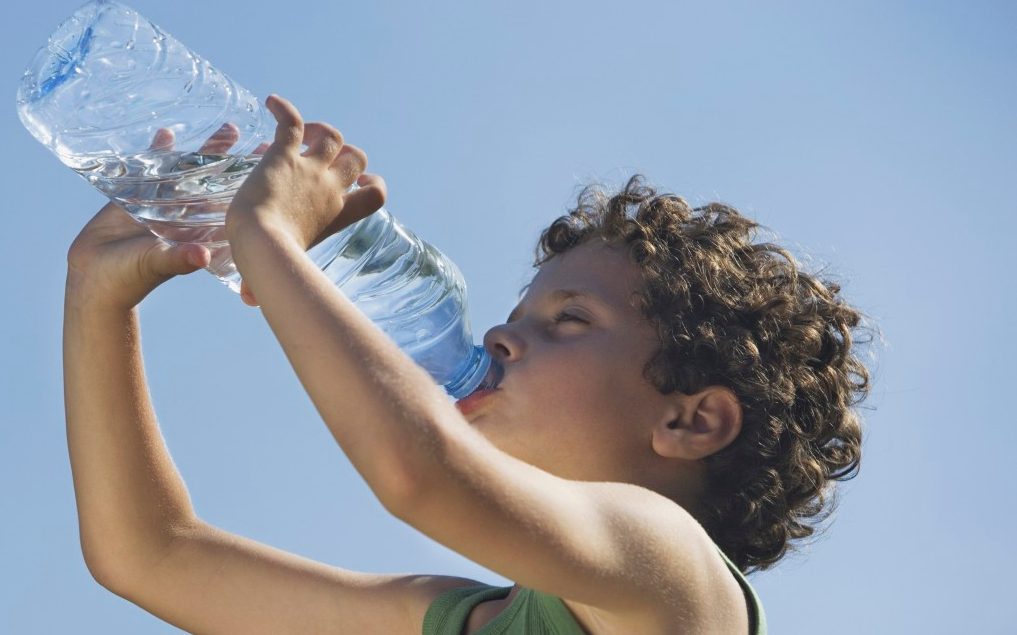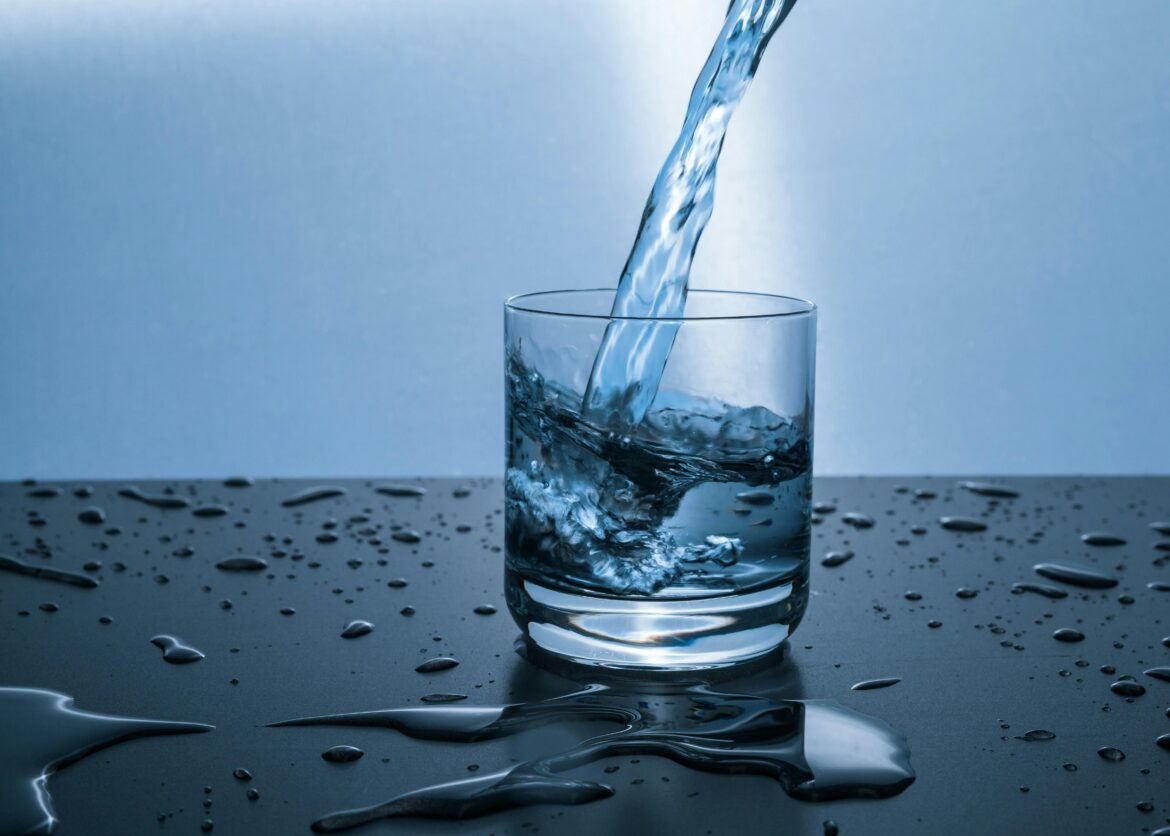Rethinking Everything You Thought You Knew About Hydration
“Drink more water” is one of the most universally prescribed pieces of health advice. From fitness coaches to nutritionists and even social media influencers, everyone preaches the importance of staying hydrated.
Yet, few dive deeper into what hydration actually means. Is it really just about guzzling gallons of water? The short answer is no. The long answer unpacks a more fascinating truth—hydration is a multi-dimensional process involving water, electrolytes, food, cellular function, lifestyle, and even environmental influences.
This article explores the science of true hydration, busts common myths, and gives you practical ways to stay genuinely hydrated. Let’s explore why staying hydrated is more than just sipping H₂O.
1. The True Definition of Hydration
Most people associate hydration with the simple act of drinking water, but it’s more nuanced. Hydration refers to the process of maintaining the right balance of fluids and electrolytes within your body’s cells, tissues, and organs.
Water is just the vehicle; the real work involves how well your body uses and retains that water. Without the proper minerals, even a liter of water can rush through your system without offering real benefit.
2. Understanding Electrolytes: The Unsung Heroes
Electrolytes are minerals like sodium, potassium, magnesium, calcium, and chloride that help conduct electrical impulses in the body.
They also help regulate fluid balance, muscle contractions, and nerve signals. Water without electrolytes is like a car without fuel—it might look functional but won’t take you far.
Sweating, urinating, vomiting, or even breathing causes a loss of these essential minerals. This is why people can feel dehydrated even after drinking what seems like a sufficient amount of water.
3. How Food Contributes to Hydration
It may surprise you to learn that around 20% of our daily water intake comes from the food we eat. Certain fruits and vegetables are not just water-rich but also contain essential electrolytes and nutrients that assist hydration. For example:
- Watermelon: 92% water and rich in potassium.
- Cucumbers: Over 95% water with traces of magnesium.
- Oranges: Packed with both fluid and vitamin C.
- Spinach: Contains calcium, magnesium, and iron along with high water content.
Eating a varied diet filled with fruits, vegetables, soups, and smoothies helps your body stay hydrated better than just drinking water alone.
4. The Role of Lifestyle and Environment
Your hydration needs change with your environment and daily activities. A sedentary person in a cool climate needs less fluid than someone who exercises regularly or lives in a hot and humid environment. Factors that increase your hydration needs include:
- Physical activity: Exercise increases fluid loss through sweat.
- Heat and humidity: Warm climates escalate water loss.
- High altitude increases urination and respiration rate.
- Illness: Vomiting, diarrhea, or fever can rapidly dehydrate the body.
Understanding your personal hydration needs is key to staying well-balanced.
5. The Morning Dehydration Myth
When you wake up in the morning, your body is naturally in a state of dehydration. You’ve gone several hours without fluid intake, and you’ve lost water through breathing and minor perspiration during sleep. That’s why it’s essential to start your day with a hydrating drink.
Consider drinking a glass of water mixed with a pinch of Himalayan salt or a splash of lemon juice. This simple concoction helps replenish lost electrolytes and kickstarts your metabolism.
6. When Water Isn’t Enough: Spotting Dehydration Despite Drinking
If you drink a lot of water and still feel thirsty, sluggish, or dizzy, it may mean your body is not absorbing the water efficiently. Possible reasons include:
- Lack of electrolytes
- High caffeine or alcohol intake
- Certain medications
- Excessive sweating without replenishment
- Chronic illness
Real hydration means your body retains and uses the water, not just eliminates it.
7. Recognizing Signs of Poor Hydration
Even mild dehydration can cause significant symptoms. Warning signs include:
- Dry mouth or cracked lips
- Fatigue
- Headaches
- Muscle cramps
- Dizziness or light-headedness
- Dark yellow urine
- Constipation
- Poor concentration or brain fog
If you experience these symptoms despite drinking water, it’s time to reassess your hydration strategy.
8. Debunking Hydration Myths
Let’s clear up some common hydration myths:
- Myth: Clear urine means perfect hydration. While light-colored urine is often a good sign, crystal-clear urine may indicate overhydration or electrolyte imbalance.
- Myth: If you’re not thirsty, you’re hydrated. Thirst is a delayed signal. By the time you’re thirsty, you’re already mildly dehydrated.
- Myth: All beverages hydrate equally. Drinks with caffeine or alcohol have a mild diuretic effect. Sugary sodas can actually worsen dehydration.
9. How to Hydrate Smarter, Not Just More

Smart hydration isn’t about guzzling gallons of water. It’s about consistency and balance. Here are some tips:
- Hydrate slowly: Sipping throughout the day is better than chugging.
- Use electrolyte-rich drinks, especially after workouts.
- Eat hydrating foods: think fruits, veggies, and soups.
- Avoid sugary and overly caffeinated beverages.
- Hydrate based on activity: Increase fluid intake during and after exercise.
10. Special Populations Need Special Hydration
Hydration needs vary by age and health status:
- Children: Prone to dehydration due to high activity and lower fluid reserve.
- Elderly: Reduced thirst sensation increases dehydration risk.
- Pregnant women need more fluids to support blood volume and amniotic fluid.
- Athletes: Require a balance of water and electrolytes pre- and post-workout.
11. Overhydration: Yes, It’s a Thing
Believe it or not, you can drink too much water. Overhydration or water intoxication can lead to hyponatremia—a dangerous condition where sodium levels drop too low. Symptoms include:
- Nausea
- Vomiting
- Headache
- Confusion
- Seizures
This is why athletes and those who drink large volumes of water without electrolyte replenishment are at risk.
12. How Stress Affects Your Hydration
When you’re stressed, your body produces more cortisol. This hormone can affect fluid retention and kidney function. Stress can also distract you from recognizing thirst or cause you to reach for dehydrating comfort foods and drinks like coffee or soda.
Mindful hydration includes managing your stress and paying attention to your body’s signals.
13. Hydration and Chronic Illnesses
Hydration plays a crucial role in managing various health conditions:
- Diabetes: High blood sugar leads to frequent urination and fluid loss.
- Kidney disease: Proper hydration supports kidney filtration.
- Heart conditions: Excess fluids may be restricted; consult a doctor.
- Digestive issues: Constipation and acid reflux often improve with better hydration.
People with chronic illnesses should work with their healthcare providers to customize their hydration plans.
14. Tools and Apps to Track Hydration
There are numerous tools and apps available that can help you track and maintain optimal hydration levels. Some popular apps include:
- MyFitnessPal
- WaterMinder
- Hydro Coach
- Plant Nanny
Smart bottles with hydration reminders and built-in sensors are also gaining popularity. These can help develop long-term hydration habits.
Elevate Your Hydration Game
Hydration is far more than just sipping water. It’s a sophisticated process that involves the right fluids, the right foods, electrolytes, and an awareness of your body’s unique needs.
By understanding the bigger picture, you can avoid the pitfalls of dehydration and overhydration and instead achieve balanced, optimal health.
So, next time you reach for a glass of water, remember: it’s just the beginning. True hydration goes beyond the glass.

